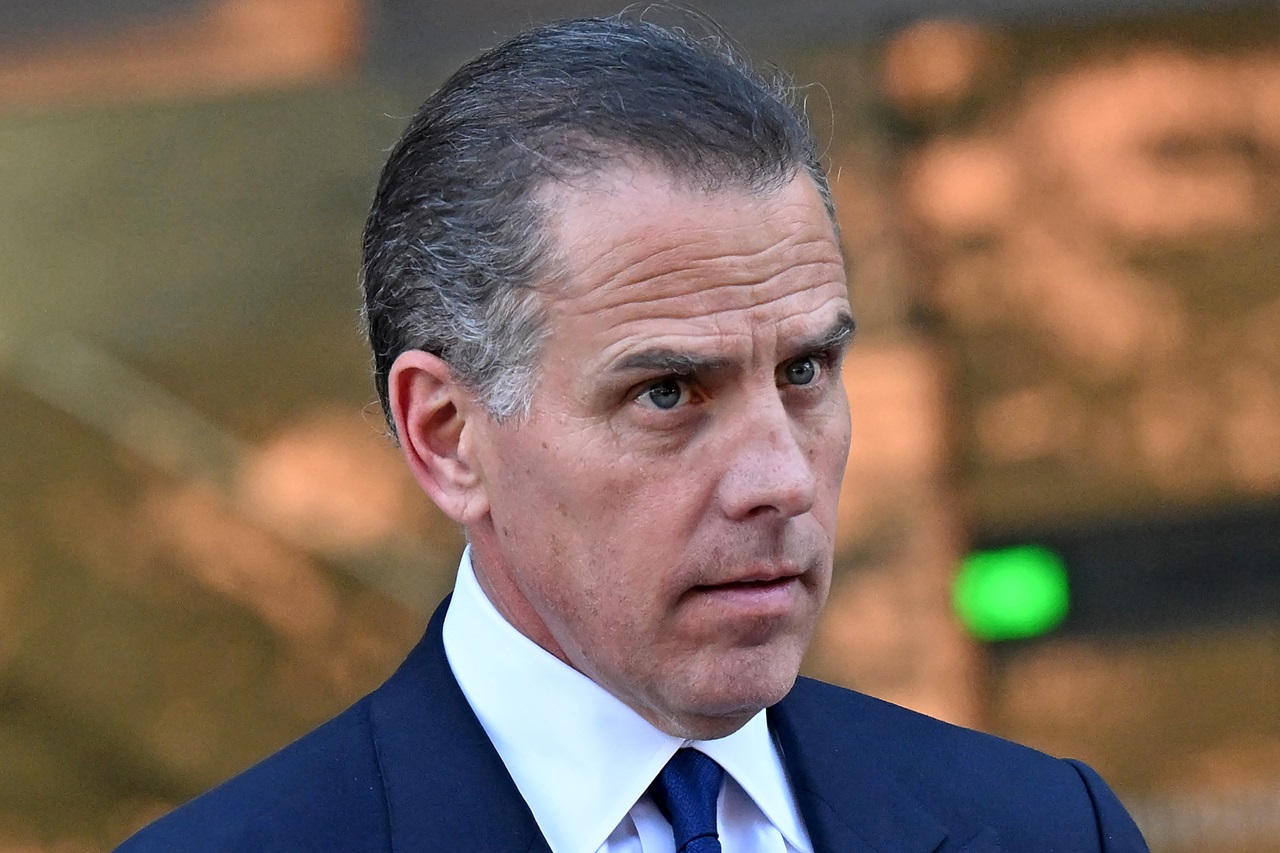Are Philly’s City Councilmembers and its Real Estate community on the same page?
The Philadelphia Real Estate Alliance, in conversation with two District councilmembers, discussed development, affordability, and councilmanic prerogative.
The Building Industry Association convened the real estate community on Tuesday, Feb. 28, to gauge how newer councilmembers are approaching the subject of development and housing affordability ahead of a major election in city government.
Councilmember Anthony Phillips of District 9 and Councilmember Quetcy Lozada of District 7 offered an insider’s view into how they would stack up to housing affordability, related policy, and what it takes to develop commercial corridors while defending their stance on councilmanic prerogative.
Phillips and Lozada entered the council arena in November 2022 following a series of resignations — including those of their predecessors — which left two vacancies at the district level and three empty at-Large seats.
Although Philadelphia Code calls for a special election to fill the remaining “balance” of days left in the term, it doesn’t carry the councilmembers through an election cycle, meaning Phillips and Lozada will need to campaign all the same in the coming months.
Because district councilmembers have significant influence over development in their districts, their thoughts and priorities can inform interested parties vying to break ground on commercial corridors.
Lozada, who served as her predecessor’s chief of staff for many years, recognized the need for commercial life in District 7, but argued that projects should be done in partnership with the district, which, ideally, has buy-in from the community itself.
“I believe there has to be a partnership,” said Lozada, responding to a question about the city’s role.
“Not everyone will become, or can become, a homeowner, regardless of what the funding availability is. And so, creating opportunities for mixed-income or mixed-use spaces is extremely important to somebody like me and my district,” she continued.
Kensington, which has become the center of a political baseball game in this year’s mayoral race, faces many challenges as new projects move further north to Hunting Park and beyond Norris Square in another section.
Sitting atop those considerations is public safety and the open-air drug market spread out over the Kensington-Allegheny intersection, where many a mayoral candidate have toured in the last year.
But Kensington faces another invisible factor. Whereas development may be an urgent priority for both the real estate crowd and the city council member to inject economic growth, critics fear it’ll render an already impoverished region unaffordable.
As of 2021, the census reports, the median income in the neighborhood falls below $40,000 per household, with an accompanying poverty rate of 39.4% — a figure that is more than double the rate in the Pennsylvania, New Jersey, Delaware, and Maryland metro areas.
Lozada, who grew up in Norris Square, argued there isn't enough input from District 7 residents, and decisions are often made on their behalf. "It's really easy for us to come from the outside to say 'this is what they need.'"
“One of the things that we have to do is supporting efforts to grow affordable housing, is to make it easier for developers to receive incentives to support them, and getting affordable housing for our city,” explained Phillips, who, in addition to his city council work, is pursuing a doctorate degree.
Phillips, who aligns himself as a political centrist — much like his predecessor — also advocated for financial literacy and brought up the subject numerous times. Phillips also argued against rent control, “which is not necessarily the solution,” said Phillips.
“We have to have market rate. We also have [to have] affordable housing,” continued Phillips.
The 9th district councilmember went on to say that “too many officials, or too many people who have perspectives, believe that they are subject matter experts in every area.”
“I think that instead of just having conversations with the people who are experts, and then taking that information and bringing it back to the residents so that we can actually come to an agreement on what we need to do in our district, we say ‘no, that doesn’t make sense.’”
Affordable housing and establishing “equity-based incentives” was the stage set by Matthew Stitt, who served as Chief Financial Officer for Philly for nearly a decade before stepping down in 2016.
RELATED CONTENT
Stitt cited several examples, among them Los Angeles and San Francisco, both of which, like Philly, used funds from the American Rescue Plan as a substitute for revenue, but budgeted with equity in mind and evaluated future tax incentives through that framework.
“Government cannot do this alone,” underlined Stitt, and stressed that while Philly “doesn't have a transformative plan” to afford tax incentives for more ambitious affordable housing goals, the number of new representatives in council could be the start.
It remains to be seen whether the city and the private sector share a like-minded view with respect to affordable housing, and events over the last year have highlighted more disagreement than consensus.
The Mixed-Income Neighborhoods Overlay Bill is an example in recent memory, introduced in late 2021 by 3rd district councilmember Jamie Gauthier and former 7th district councilmember Maria Quiñones Sánchez, now a candidate for mayor.
The measure was approved as IBID Associates declined to renew an affordable housing contract in University City with the U.S. Department of Housing and Urban Development for a 70-unit site, causing residents who enjoyed affordable housing to lose out on subsidies.
As IBID prepared to sell the University City Townhomes, Gauthier responded with provisions from the bill which, among other things, required that 20% of units remained affordable for households earning up to 40% of the area median income or AMI.
After two years of private discussion, IBID, in early 2022, launched a federal suit, named Gauthier as a defendant, and said the councilmember was looking to “punish IBID and prevent it from exercising its constitutional right to sell the property,” IBID spokesperson Kevin Feeley told WHYY.
The lawsuit is ongoing.
Real estate groups have long stood firmly against councilmanic prerogative, given that it affords unilateral power to district council members to approve any and all projects in their districts.
Lozada, responding to an audience question about that tradition, said that while “not all development is bad development,” councilmanic prerogative ensures that “projects, contractors, developers, all partner, and connect with, community-based organizations.”
“Who then would be held accountable for ensuring that the residents understand the project, understand the benefits of the project, and what some of the challenges could be in the project?” she said.
Phillips also believed there is a relevant use.
“I believe it needs to be used properly. It can be used in a way that is not, you know, diabolical to others because some people put their ego with it.”











LEAVE A COMMENT:
Join the discussion! Leave a comment.